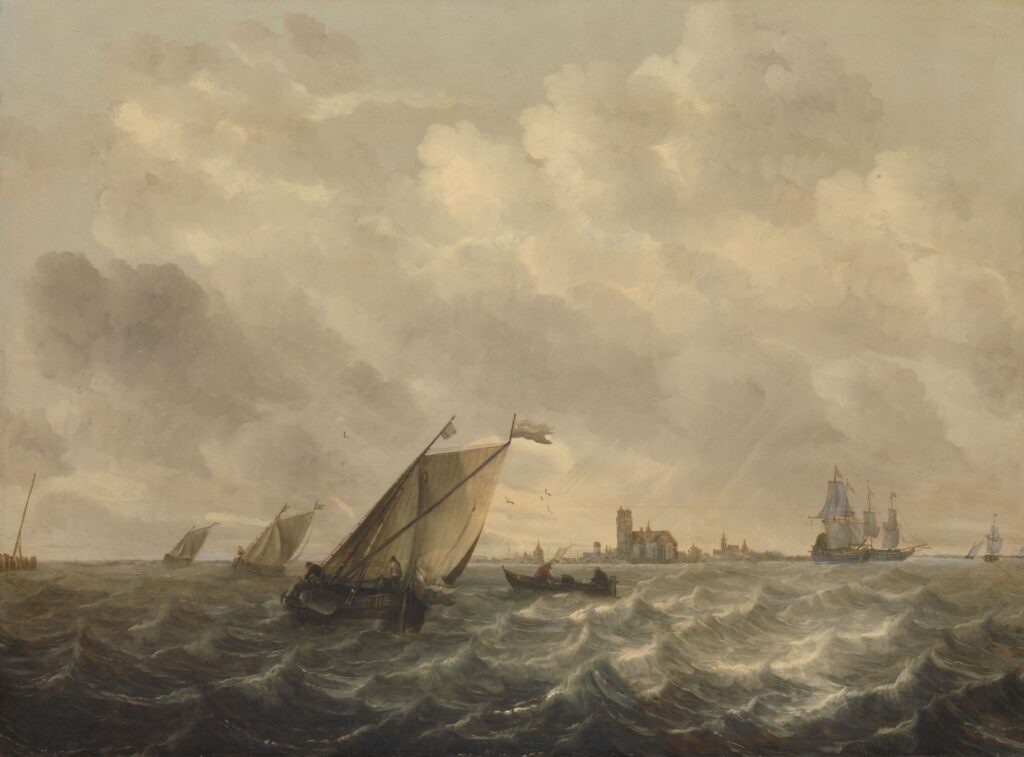The Rhine as Legal Entity
It is often acknowledged that waterways are important for trade. They allow for relatively efficient transportation of goods. Cities serve as hubs in these trades as they provide for the necessary institutions and services. While the relation between geography and the early modern economy is well-studied, we know much less about the interaction between geography and the urban institutions. This project investigates how urban governance of the wine trade was influenced by the Rhine river. Did cities cooperate to ensure efficient passage of ships? Were they developing common trade policies or were they rather competing? To what extent did they copy legislation from other Rhine cities?

In the early modern period, cities kept a close eye on legislations and institutions in other cities. Historians, particularly in the tradition of the New Institutional Economics, have underlined the importance of these social and legal norms for facilitating economic growth. Others, like Fernand Braudel, have focused on the more stable preconditions of economic prosperity, such as the position of a city in a geographically determined commercial system. This project draws on both traditions. For example, Köln and Dordrecht possessed important staple rights in the wine trades along the Rhine river. These privileges were opposed by other cities and would have hindered commercial activity. As such, they can be considered both as pillars in the economic system of the Rhine as well as crucial institutions in the economic organization of the wine trade.
Through archival research this project will exceed the paper reality of rules on their own and provide insight into the normative expectations and beliefs of wine merchants and urban officials themselves. The results will be compared over a number of Rhine cities, such as Köln, Dordrecht, and a couple of smaller cities, and will be linked to information of economic developments and geographical circumstances.
